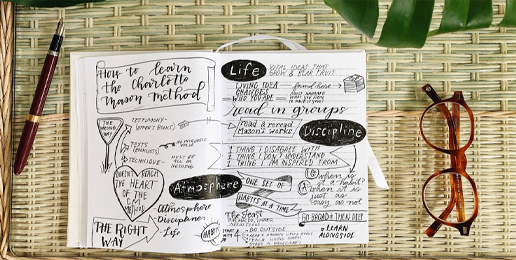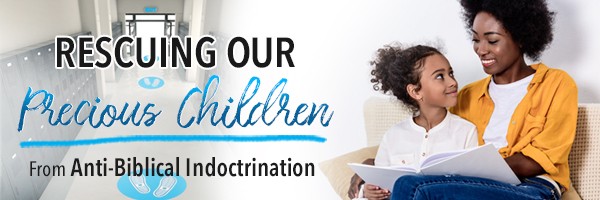
“Education is an adventure! It’s about people, children, life, reality!”
Susan Schaeffer Macauley, author of For the Children’s Sake.
As parents, we desire to give our children the best education possible. In today’s culture, it’s becoming more and more difficult to achieve any kind of education through the government schools with their anti-God agenda. Private schooling, while an option for some, is not an option for many. And while it is important to not “get on our high horse” about homeschooling being the only “Christian” option, we do want to celebrate that homeschooling is a very real, desirable, and viable option! Once a family decides to enter the homeschooling arena, however, the choices regarding the method of how to homeschool can be daunting!
I’d like to share a vision of what education can be for your child, in your home, and even in your micro-school. This “method” of education is based first and foremost on a Christian understanding of what it means to be human and on the Christian meaning of life. Second in importance, it is deeply practical and has been proven for over a century in a myriad of educational situations. This method, based on the Philosophy of Education of Charlotte Mason (1842-1923), has been nicknamed “the gentle art of learning,” but its approach is one that rigorously prepares students to first and foremost think and then to be able to articulate those thoughts with clarity. A skill sorely needed in our current culture.
What’s also attractive about the gentle art of learning is that there is no expensive curriculum to buy. Based on the idea of “living books,” nature study, art and music appreciation, and a Christian world-view, one can apply this approach with a library card and access to museums and/or the internet!
If you doubt the validity of this educational method because you simply have not heard of it, that’s actually not all that surprising. Charlotte Mason’s philosophy is built upon a strong Christian base which in and of itself is enough to make it an unpopular approach in secular education. As Christians, our starting point for an educational system or approach must be rooted in our Christian worldview. As persons, our God has established that our education starts from the moment we are first held, talked to, and cuddled. As human beings, we are constantly in a state of learning–from birth to death. With this understanding, it is easy to realize that all of life is an education! Clearly, whether we “homeschool” or not, we as parents are actually the curators of our children’s education.
So what does it mean to be educated? An educated person is not someone who has this or that degree after their name, rather “the truly educated person has only had many doors of interest opened. He knows that life will not be long enough to follow everything fully.” As a parent considering home education, there is relief in that truism. One does not have to check all the boxes and ensure that there are no gaps in the child’s education. Once one realizes your goal is to first of all develop a love of learning in the child and then to equip the child with the skills of being able to think, articulate and compute, confidence and freedom ensue.
While a Charlotte Mason education is built upon the bricks of not *“twaddle” but living books, narration, no homework, short lessons, free afternoons, few lectures, ideas, culture (art, literature, and music), and good habits, it’s foundation is centered in the idea of “children are born persons”. This truth is a central truth to our interaction with each child. A child is not a being for us to prune or mold. Rather he is an individual made in the likeness of God, entrusted by God to our care, who thinks, acts, and feels. His value is not in what he will become, but who he is right now. He is not an extension of us to do our bidding, but an individual who must grow to embrace for himself reality and the framework of truth. Our role? To come alongside this individual as he grows in the knowledge of truth. We have something to offer not because we are adults, but because we are also persons who have experienced life and its lessons in possibly the same ways this little person might.
As one approaches a child from the perspective of his individual personhood, one begins from a place of respect for this individual recognizing that one “cannot own him, but only love and serve him and be his friend.” At the heart of this idea is the rejection that each individual is merely a cog to be “educated” to grow up and fit into a mold society may have for him. It is the embracing of the idea of respect for the child’s mind which is not the product of his education, but rather the instrument of it.
“The most prosaic of us comes across evidence of mind in children, and of mind astonishingly alert. Let us consider, in the first two years of life they manage to get through more intellectual effort than any following two years can show. . . . If we have not proved that a child is born a person with a mind as complete and beautiful as his little body, we can at least show that he always has all the mind he requires for these occasions; that is, that his mind is the instrument of his education and that his education does not produce his mind.”
In the end, as parents, our job then becomes not how to fill this mind, but rather how to nourish it so it can flourish and become all that God intends it to be.
In my next installment, we will look at Charlotte Mason’s answer as to how best to accomplish this momentous task–for our children’s sake!




















